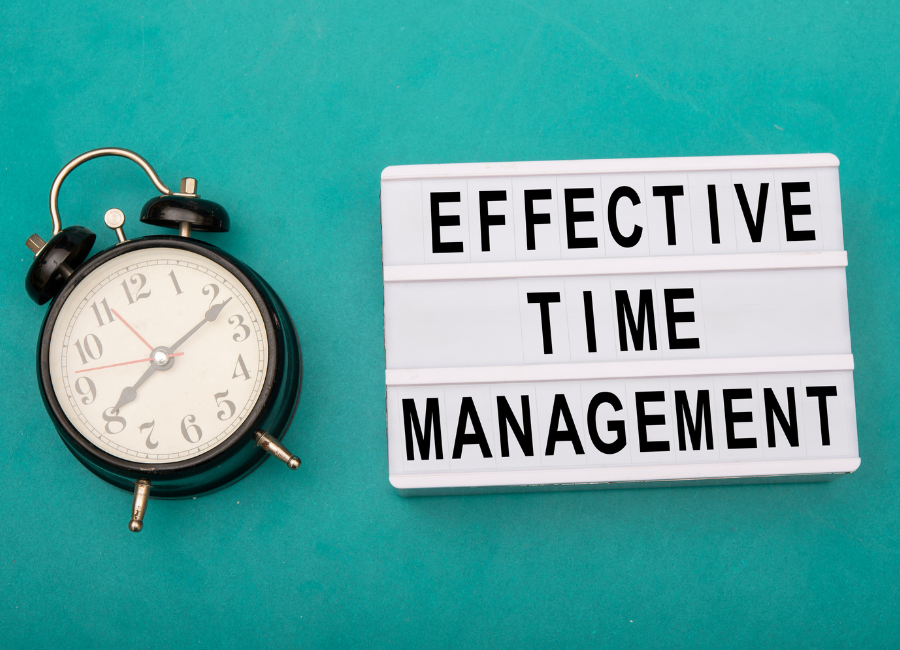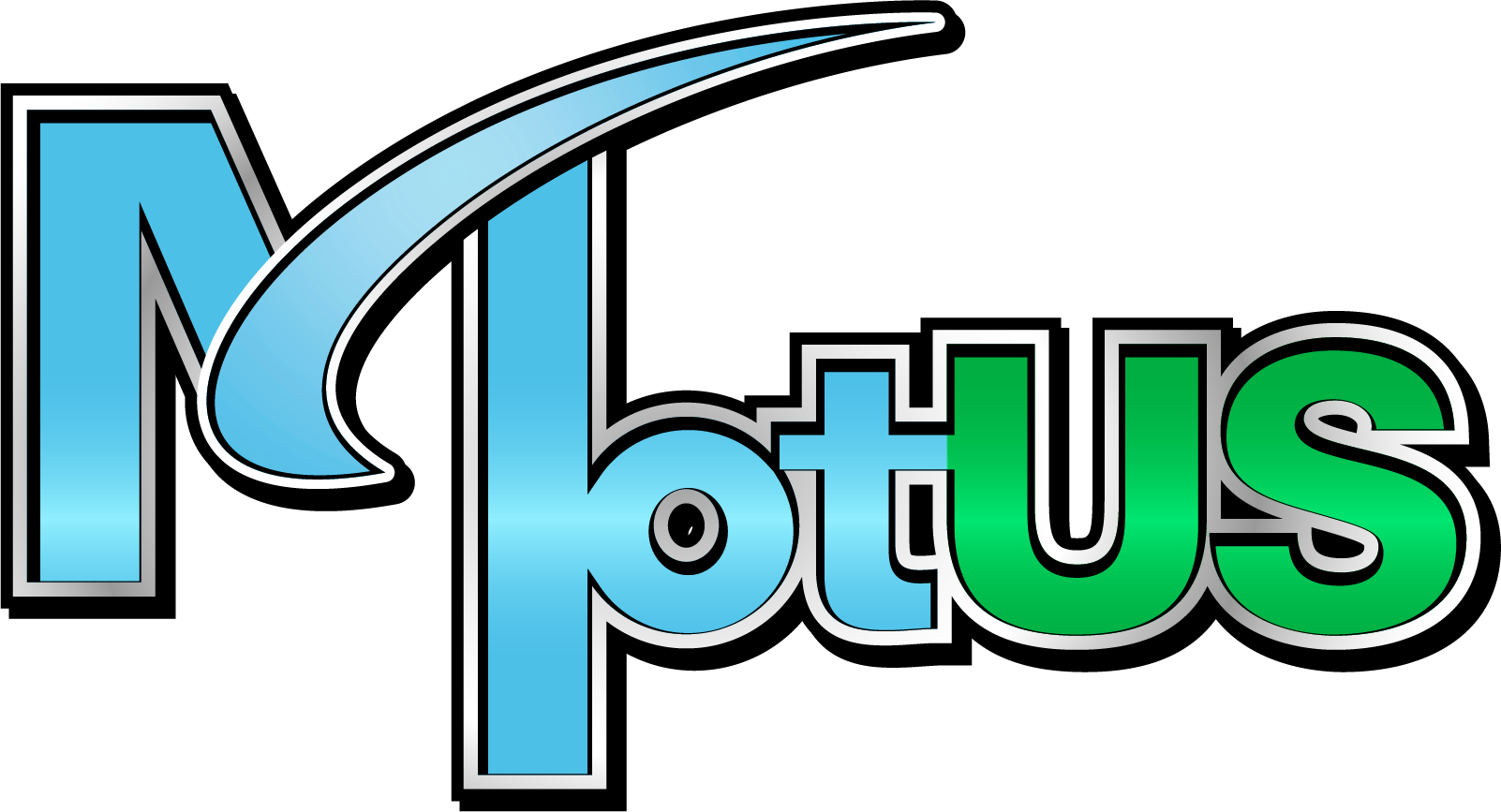Time Management

Time Management
How many times a day or week do you say…I don’t have enough time for that?
We all have the same 24 hours, 1440 minutes, and 86400 seconds in a day. So why is it that some people are able to accomplish so much more than others?
YOU GUESSED IT – TIME MANAGEMENT!
Okay so now we know what the difference maker is, let’s discuss some time management. This is a good time to get out some pen and paper or click on the note’s app on your phone. Let several things that you need to get done over the next few days or weeks. I’ll give you a minute.
Okay, you’ve made your list. Now you are going to make everything on the list with an I for IMPORTANT or an NI for NOT IMPORTANT. What does this mean because everything is important and it all has to get done, right? Keep reading.
IMPORTANT to-dos or responsibilities are ones that contribute to the achievement of your goals.
NON-IMPORTANT to-dos or responsibilities are ones that DO NOT contribute to the achievement of your goals.
Alright, now you want to consider your list and decide if the items on it are URGENT or NOT URGENT. You can have very important items are your list, but perhaps they are not urgent or non-important items on your list, but they are very urgent.
Urgent responsibilities require immediate attention. These are often linked to the accomplishment of someone else’s goal. Ignoring urgent issues will have negative consequences. For example, you have a parent that is unhappy with their instructor and is in your office demanding a meeting right now. You must take the meeting because it is good customer service and you don’t want an unhappy customer, but this meeting is time spent not working to achieve your goals of starting a new program at your facility. It is an urgent meeting, it is necessary, but it isn’t moving the needle so to speak.
- After you have assessed your list you want to consider the following things –
- Items with important deadlines and high urgency need immediate attention; this cannot be helped. Unfortunately, these tend to be crises, pressing problems, projects that are deadline-driven, emergencies, or things that require last-minute preparations.
- Items with high importance but do not have urgent deadlines. These are items are usually planning, preparing, and training. The more you can add items like this to your agenda and plan far in advance, the more you are working toward your goals.
- The items from #1 will slow you down from #2, so you want to do everything you can to get out in front of those items and see the smoke before there’s fire, you know the old saying.
- Items that are both not important with high urgency are distractions. Assign these to someone else if you can. These tasks do not contribute to your goals and they take energy away from tasks that will have a positive impact on your business.
- Items that are not important and are not urgent basically yield no value to your objectives. They are time wasters for you and should be eliminated when possible.
Here are some additional things that you can do to help you along the way in your time management journey.
- Question if an activity brings your closer to your goals. Consider the four statements above and categorize you to-dos.
- Prioritize tasks that bring you closer to your goals versus tasks that do not.
- Plan ahead as much and as far as possible. The more you can live in this space the less distractions you will have.
- Always sort your to-do list. This will help you identify what needs your attention, what can wait and what you can delegate to someone else.
Good luck and happy planning!




How Apolla Socks Leapt From Shark Tank to a Global Performance Brand (with Co-founder Bri Zborowski)







